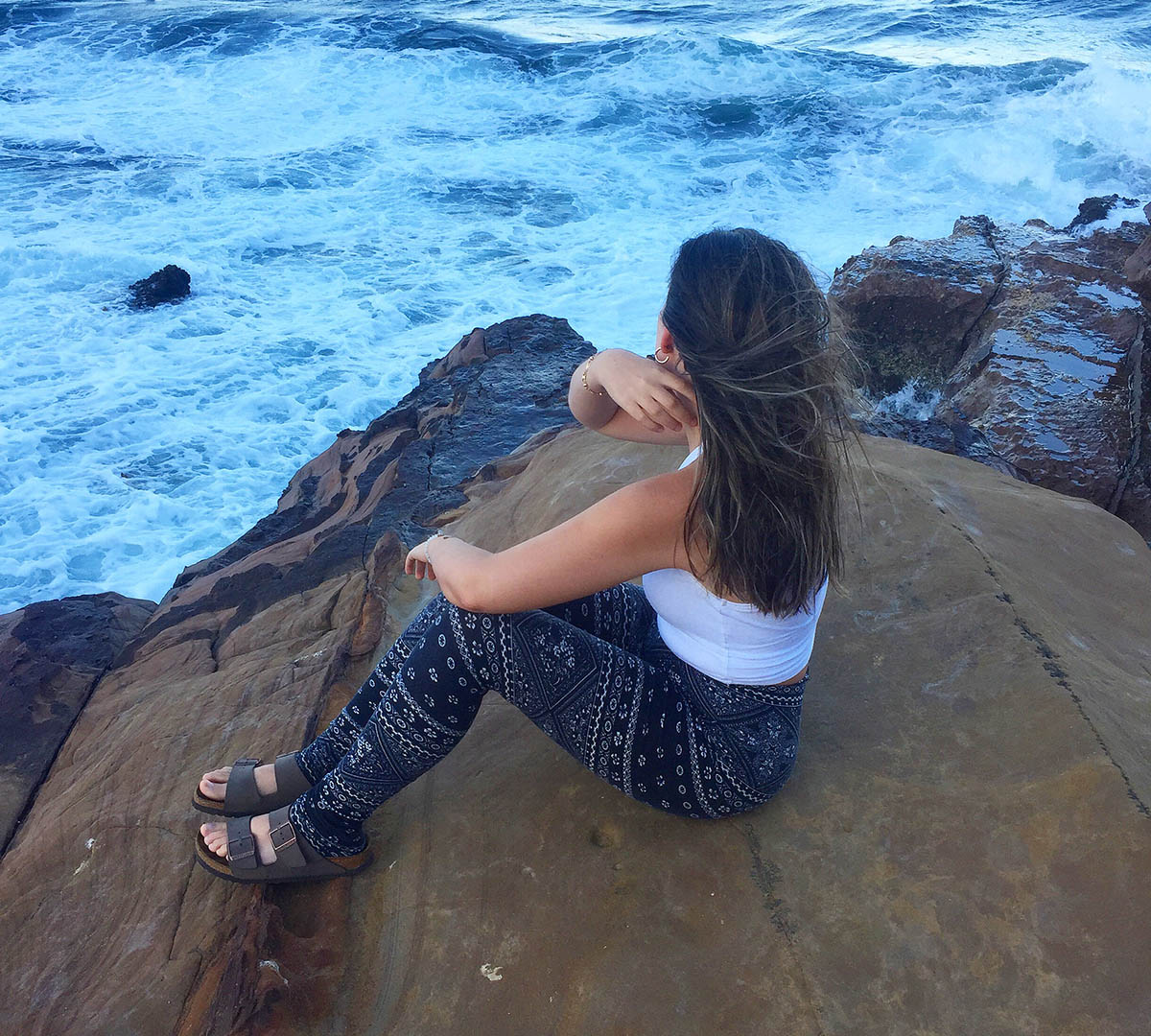Student Stories

Bethany Castle
Bethany Castle recently completed a Master of International Relations at UNSW Sydney
“In April 2019 I applied for a Rotary Global Grant Scholarship, and was awarded one in the area of Economic and Community Development. The grant is specifically to send students abroad.
“I did geography for my undergraduate degree, at Exeter University. It was a BA in geography so very much focused on humanities, economic development, and so on. The reason I got the scholarship and the reason I wanted to do further study was that I did my dissertation on refugees and reproductive rights, and a lot of the work I’d done was around community development, youth development, reproductive justice, and I wanted to keep studying in that area. I want to keep going and do a PhD in this area and then go in to academia.
“I moved to Sydney in August 2019, and started at UNSW Sydney in September 2019. I’d been to Australia the year before, on holiday, and I also had some friends from my gap year living here.
“It’s hard, moving country, I’m not going to sugar coat it! It’s challenging. Settling socially, finding a job, cultural differences – it’s not easy, but it is incredibly character-building. I’m very settled now; I’m staying here. But it was a really tricky thing to do, and COVID definitely exacerbated that. I haven’t been able to come home, no-one’s been able to come here – I haven’t seen any of my family or friends for two years. I’ve had to build a community around me. It takes a long time to settle; it’s only really been in the last year that I’ve felt really comfortable – had a really good group of friends, felt good in my job, all those things. It took a long time to feel normal!
“You have to friend date like a crazy person when you get here but once you do that, eventually people start to stick. I made a big effort, not just socially but also with my professors on the course. I knew I wanted to go into academia, so I was very proactive. I was really lucky and got the opportunity to do a dissertation one-on-one with my supervisor that I’m now publishing – at his suggestion – and I have a few papers published just from my masters. You have to be determined, and resilient – only one out of ten papers will get published because the work is only masters level. But someone will take something eventually, it will pay off if you keep at it.
“I’ve now finished my masters at UNSW and am working remotely as a research assistant for one of my professors. I’ve just been granted a partner visa with my partner. I’m going to see how things go, what happens in the next couple of months, and then by the end of the year make a firm decision on what to do next. My next goal is to do a PhD.
“I’d love to eventually work in public policy. I want to write research that informs policy. My areas of interest so far have really been around migration and gender, those kinds of issues. But that’s a pretty niche field so I’m really thinking where to take my PhD; whether to broaden it. I want to do something that’s going to stand me in good stead to have a career in public policy.”
Bethany’s top recommendations for future students:
1. Don’t live on campus! As an international postgrad student, make sure you go out and live in a share house. That’s the best way to meet people, like-minded people who are in the same life stage and socio-economic bracket, as you.
2. Make sure you get a job. In the UK not everyone works through university but in Australia it is absolutely part-and-parcel of the culture. Even if you’re studying full-time, Australians expect you to have a job as well. You don’t have to do anything super prestigious, but working is part of the culture here. Everyone has a job! It’s also a really good way of expanding your social network and meeting people too.
3. Don’t assume that Sydney means Bondi, and living at the beach. Bondi and other touristy areas are extortionately expensive to rent and have a very ephemeral atmosphere – people are only ever passing through as backpackers, or here for a month or two at most. If you’re going to be here for a stint, for a couple of years, you need to put down some roots and live somewhere that Australians live. I live in the inner west. It’s affordable, which means it has a young demographic – everyone I know is here, and they are all at a similar stage in their lives to me.

